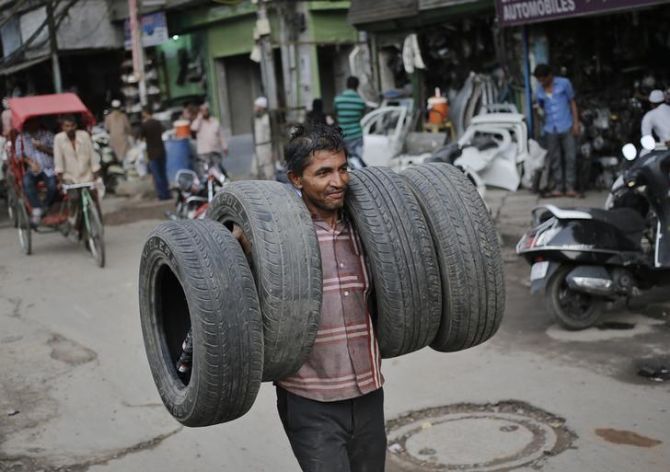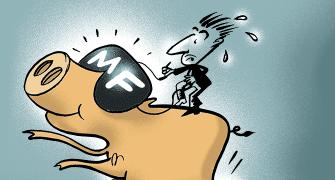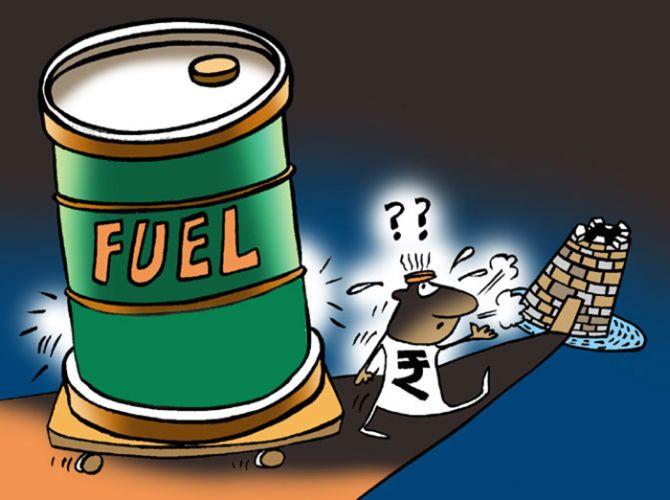Domestic tyre demand is seen to grow by 7-9 per cent over the next five years. Infrastructure push and expected easing of liquidity will be growth drivers for replacement demand.

Tyre makers will invest around Rs 20,000 crore over the next three years as the industry is optimistic that demand would grow by 7-9 per cent during FY19-23.
Despite subdued vehicle production levels in the past six months due to a dip in consumer sentiment, the domestic tyre demand is estimated to have grown by 9-11 per cent in FY19.
A major chunk of it came from the replacement market.
In April-December FY19, the tyre industry increased production by 11 per cent to 146.351 million tonnes from 132.314 million tonnes during the same period the previous year, according to Automotive Tyre Manufacturers’ Association (ATMA), which represents 11 large tyre companies in India accounting for over 90per cent of tyre production.
While the association predicts the industry is expected to report 7-8 per cent growth in FY20 in tandem with the GDP growth, K Srikumar, vice-president and co-head of corporate ratings Icra, said the domestic tyre demand would grow by 7-9 per cent over five years.
Rajiv Budhraja, director general of ATMA, said post elections, and especially in the second half, the industry is expecting a resurgence in demand for tyres.
Infrastructure push and expected easing of liquidity will be growth drivers for replacement demand.
The pre-buying of BSVI vehicles, especially in the commercial segment in FY19-20 before BSVI emission norms come into effect, will provide a push to the segment.
However, any eventuality of political uncertainty and a below-normal monsoon will pose a challenge for the industry.
For FY19, tyre industry revenue growth is pegged at 14-15 per cent and for FY20-22, revenue growth is projected at 9-10 per cent, according to Icra.
Industry turnover in FY17-18 is likely to be Rs 57,000 crore and exports will be worth $ 1.7 billion (around Rs 11,180 crore), says ATMA.
With stable demand outlook and strong credit profile, domestic tyre makers will continue to invest in capacities.
Tyre major Apollo Tyres is planning to invest Rs 2,500-3,000 crore next year, primarily on the Andhra Pradesh Greenfield.
In FY18-19, capex was Rs 1,000-1,500 crore.
The firm also guided for a double-digit growth for FY20.
MRF signed a pact with the Tamil Nadu government to invest Rs 3,100 crore, besides a greenfield in Gujarat.
CEAT, an RPG-controlled firm, is lining up investments of Rs 3,500-4,000 crore towards new capacity addition over the next three to five years.
Demand grows
Following a 13.3 per cent growth in FY18, OE tyre demand in FY19 saw growth of 10-12% despite subdued vehicle production levels.
Replacement demand for tyres is estimated to have grown by 7-9 per cent (unit volume) following a muted growth in FY18, supported by a pick-up in infrastructure activities and rising consumption.
While the replacement demand for tyres has softened since November 2018 due to tight liquidity conditions, a strong first half has neutralised the impact.
The top seven players in India account for around 80 per cent of industry revenues in FY19.
Demand comes from OEMs and replacement segment, with share of replacements high at around 65 per cent (in tonnes) and 55 per cent (in unit terms).
Specifically, in segments such as truck and bus, replacement share is higher at 80 per cent.
This apart, over 20 per cent of industry revenues are derived from exports, although India’s share in the global tyre trade is less than 2 per cent.
Exports see a rise
Tyre exports have grown at a healthy compound annual growth rate of 12 per cent during FY16-18 aided by favourable demand in overseas markets and increased acceptance of Indian tyres (especially radials).
Tyre exports are estimated to have crossed Rs 12,000 crore during FY19, with the US and Germany, the top two markets, accounting for over 20 per cnet of total exports (FY19).
While tyre imports have historically affected the domestic market, especially in the truck and bus segment, imports have steadily declined in the past two years post the re-imposition of anti-dumping duty and customs duty on Truck & Bus Radial tyres and rise in import duty on passenger car radial tyres.
Pressure
The raw material price basket rose by 3 per cent and 11 per cnet during Q2 and Q3FY19, respectively, with a spike in crude-linked input prices.
However, with oil prices crashing in November 2018, prices of these inputs have declined in recent months.
Price of natural rubber (over 30 per cent of input costs) has continued to be low over the past two years, with prices falling by 4 per cent during FY19.
Operating and net margins stood at 13.3 per cent (up 60 bps YoY) and 6.2 per cent (up 15 bps YoY), respectively, during nine months of FY19; elevated prices of crude-linked inputs had restricted margin expansion amidst strong revenue growth.
However, with oil prices cooling off in recent months, profit margins in Q4FY19 and Q1FY20 are expected to be strong although some rollbacks on earlier price hikes have taken place in Q4FY19.
Photograph: Anindito Mukherjee/Reuters










